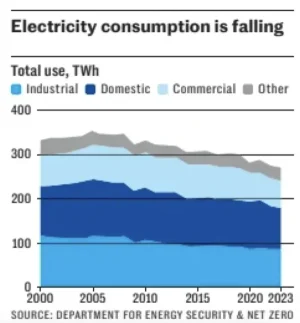- Joined
- Jun 27, 2024
- Messages
- 962
- Likes
- 6,873
"The British bank plans to have 4,000 permanent employees working in technology and data in India by the end of the year, according to an internal presentation seen by the Financial Times. This will account for nearly half of the global total of such jobs, according to a person familiar with the plans.
Some 6,000 employees in Lloyds’ UK IT department received a warning last month that their jobs were at risk as the bank conducted a review of “the skills required for each critical role in our engineering job families”.
Other UK banks and building societies have already shifted operations to India. More than 17,000 NatWest employees are based in Bengaluru and Gurugram, according to its annual report, while Nationwide has also transferred some IT jobs to India."

 www.ft.com
www.ft.com
Saw a lot of cope and seethe in the comment section.
Some 6,000 employees in Lloyds’ UK IT department received a warning last month that their jobs were at risk as the bank conducted a review of “the skills required for each critical role in our engineering job families”.
Other UK banks and building societies have already shifted operations to India. More than 17,000 NatWest employees are based in Bengaluru and Gurugram, according to its annual report, while Nationwide has also transferred some IT jobs to India."

Lloyds shifts skilled IT jobs from UK to India
High street bank plans to have nearly half of its IT engineers based outside its home market by 2026
Saw a lot of cope and seethe in the comment section.











